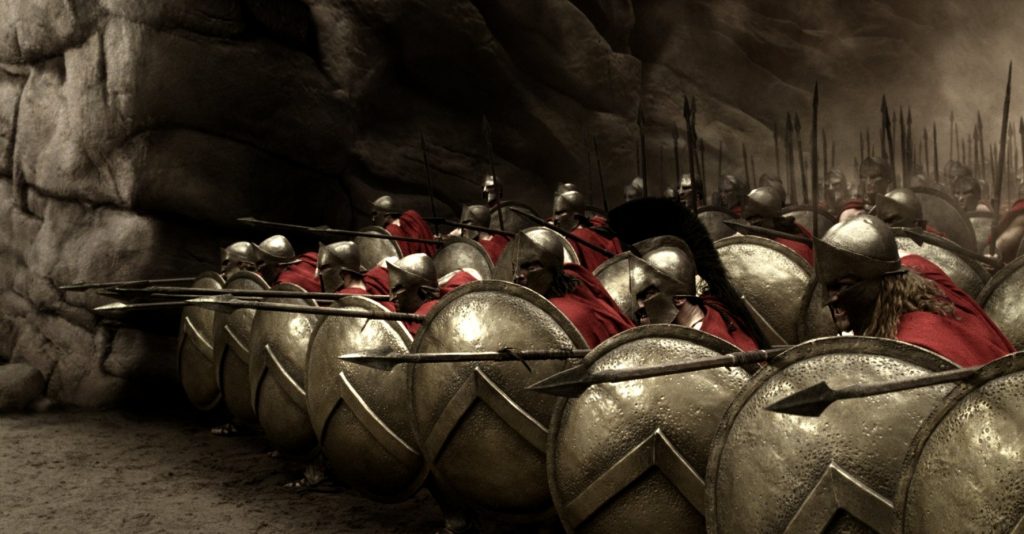 One of the intended consequences of the state sanctioned push for broad acceptance of homosexuality has been to queer the pitch, so to speak, for male friendships. For men, friendships are the bonds that bind and help create us. We discover our masculinity and our place within the social order through our close interactions with other men.
One of the intended consequences of the state sanctioned push for broad acceptance of homosexuality has been to queer the pitch, so to speak, for male friendships. For men, friendships are the bonds that bind and help create us. We discover our masculinity and our place within the social order through our close interactions with other men.
From a very young age, boy will bond in order to create projects of a shared common interest. The major one for me in my teenage years was the sport of whitewater kayaking. Amongst my group of five friends we did battle almost every weekend against the forces of nature. Our social skills improved alongside our technical skills. We were testing ourselves against each other, and we were reaching out to discover our limits. We camped overnight, drove long distances, cooked food over a fire, got drunk for the first time, argued, fought, laughed and bonded.
We were engaged in one of the four acts of love; the act of philia.
Philia means close friendship or brotherly love in Greek. It is one of the four types of love in the Bible. St. Augustine, Bishop of Hippo (354–430 AD), understood this form of love to describe a love of equals who are united in a common purpose, pursuit, good, or end. Thus, philia refers to love based on mutual respect, shared devotion, joint interests, and common values. It is the love near and dear friends have for one another.
Mention love between men today and what springs to mind? Something obscene, something tainted; warped by the foul blight of modernity. For boys, this is devastating as their attempts at discovering and cultivating philia are sabotaged at birth under the prism of suspicion of homosexual tendencies or intentions. This is one of the main reasons why such perversions and abominations are being taught in schools to young children. They are being brainwashed that their natural masculine tendencies for deep friendship are inherently tainted with the threat of gayness.
Boys who do not develop philia will then lack something fundamental when they come of age. They will not know their place in the masculine order and nor will they have developed the inner strength of character that such friendships generate. If philia is defined as encompassing love for fellow humans, care, respect, and compassion for people in need, what then is the result of the lack of such experiences?
Teenage boys not only lack any rites of passage or initiation into manhood, but they also now lack the critical benefits that male friendship and bonding provide to develop the character of men.
But this is where I see philia as the key to turning back the homosexual tide. Philia is masculine. Philia is noble. Philia is strength. Philia is brotherly affection. Most importantly, philia is love. We need to use this ancient word to help lift up our fellow men so that they can actively pursue those friendships that are all important in regards to how men interact not just with the material world, but also with the spiritual one. And by doing so we will defeat and banish the homosexual stench whose taint has become almost ubiquitous.
So start using the word, and teach it to those boys who come under your care or tutelage. Make male friendship noble again.



